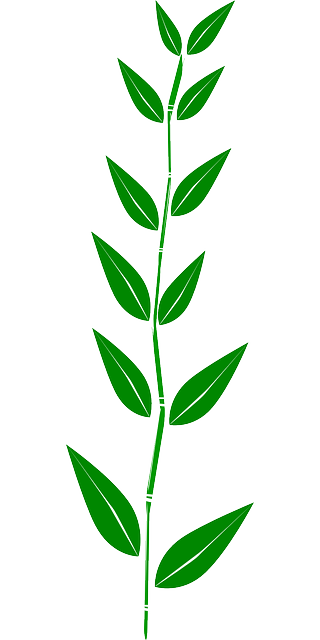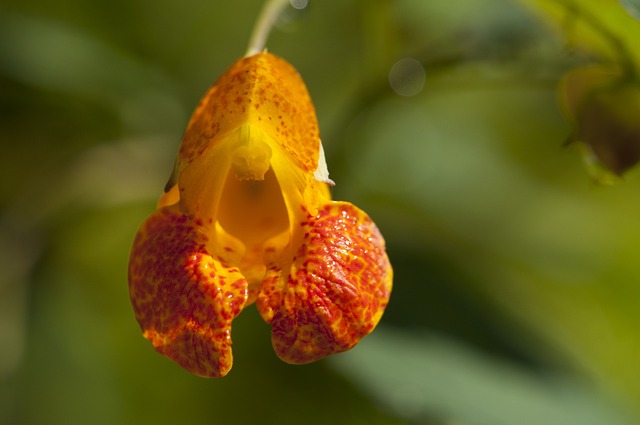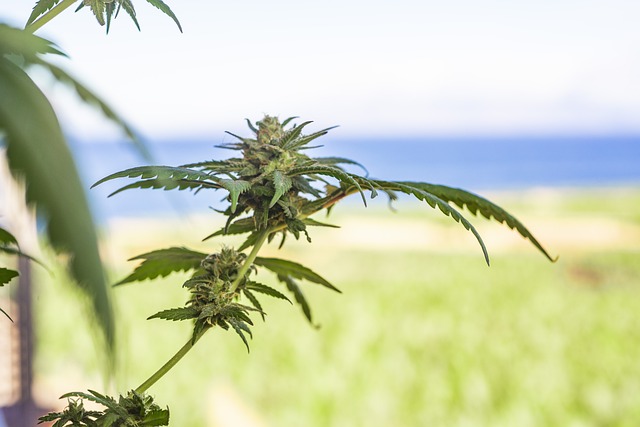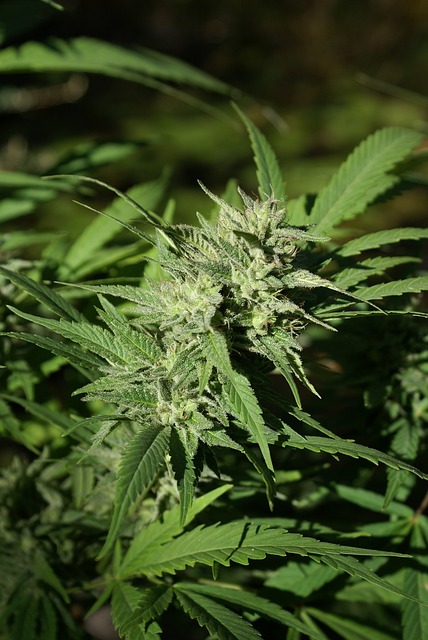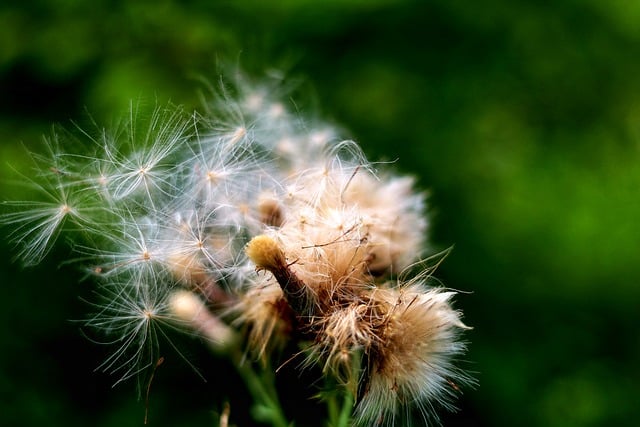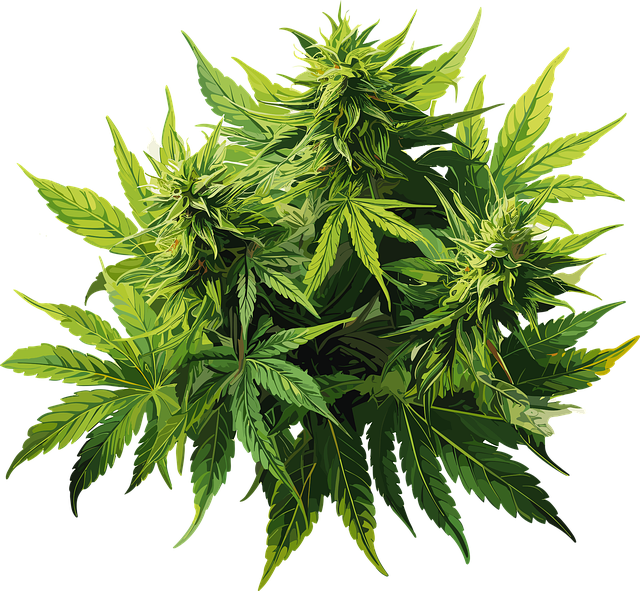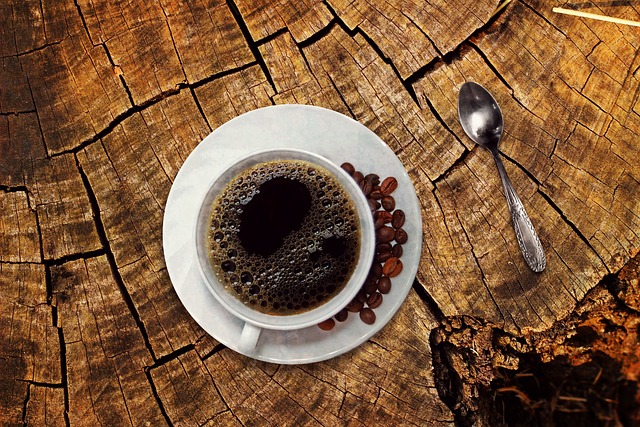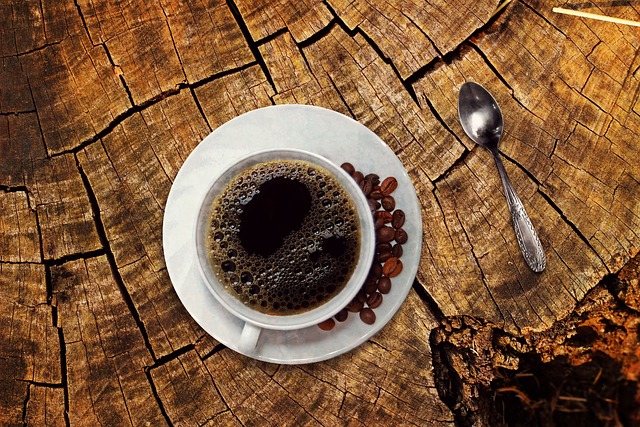thca flower anti-inflammatory effects
Thca Flower Anti-Inflammatory Effects: Unlocking Nature’s Healing Power
Introduction
In the realm of natural medicine, the exploration of plant-based remedies has led to significant discoveries, particularly regarding their anti-inflammatory properties. Among these, the THCA (Tetrahydrocannabinol Acid) flower stands out as a powerful entity with profound effects on reducing inflammation. This article delves into the intricate world of THCA flowers, uncovering their anti-inflammatory capabilities, global impact, and the multifaceted considerations surrounding this remarkable natural compound. By exploring these aspects, we aim to provide a comprehensive understanding of why THCA flower anti-inflammatory effects are attracting growing interest from researchers, healthcare professionals, and consumers alike.
Understanding Thca Flower Anti-Inflammatory Effects
Definition and Core Components
THCA flowers refer to the vegetative parts of the cannabis plant (Cannabis sativa), specifically the buds and leaves, before they undergo decarboxylation, a process that converts THCA into THC (Tetrahydrocannabinol). THCA itself is one of over 100 cannabinoids naturally produced by the cannabis plant. Cannabinoids are chemical compounds that interact with the endocannabinoid system (ECS) within the human body, playing a crucial role in maintaining homeostasis, including regulating pain perception and immune response.
The anti-inflammatory properties of THCA flowers arise from several key components:
- Cannabinoids: THCA is known for its ability to bind with cannabinoid receptors (CB1 and CB2) in the ECS, modulating various physiological processes, including inflammation. Other cannabinoids present in cannabis, such as CBD (Cannabidiol), also contribute to the overall anti-inflammatory effect.
- Terpenes: These aromatic compounds, found in high concentrations in cannabis flowers, have their own therapeutic properties. Terpenes like myrcene, limonene, and pinene are known for their anti-inflammatory and analgesic effects, enhancing the potential benefits of THCA.
- Phytochemicals: Cannabis contains a wide array of phytochemicals, including flavonoids and phenolic acids, which possess antioxidant and anti-inflammatory properties that support overall plant health and contribute to its therapeutic effects.
Historical Context and Significance
The use of cannabis for medicinal purposes dates back thousands of years, with ancient cultures recognizing its healing properties. Traditional medicine practices in various regions have long employed cannabis extracts for treating pain, inflammation, and a range of other ailments. However, the modern understanding of THCA’s anti-inflammatory effects is relatively recent.
In the 1960s, researchers began to isolate and study cannabinoids, leading to the discovery of the endocannabinoid system in the 1990s. This system plays a critical role in maintaining balance within the body, and its interaction with cannabinoids offers a potential explanation for their therapeutic effects, including anti-inflammatory properties. The recognition of THCA’s potential has spurred extensive research, driving the growing interest in cannabis-based medicine.
Global Impact and Trends
International Influence
THCA flower anti-inflammatory effects have captivated researchers and healthcare professionals worldwide, leading to a surge in scientific studies and clinical trials. The global cannabis market, driven by expanding medical applications, has seen significant growth. According to a report by Grand View Research, the global cannabis market size was valued at USD 18.7 billion in 2020 and is expected to expand at a compound annual growth rate (CAGR) of 34.5% from 2021 to 2028.
Regional Trends
- North America: The United States, Canada, and Mexico have been at the forefront of cannabis research and legalization. States in the US, such as California and Colorado, have legalized medical and recreational cannabis, leading to a thriving industry and increased access to THCA-based products.
- Europe: Several European countries, including Germany, the UK, and Spain, have liberalized their cannabis laws, allowing for medical use and research. This has fostered a vibrant market for cannabis-derived therapies, including those with anti-inflammatory properties.
- Asia: Countries like Israel and Japan are making significant strides in cannabis research. Israel, known for its advanced agricultural techniques, produces high-quality cannabis, contributing to the global supply of THCA products.
- South America and Africa: These regions are also witnessing growing interest in cannabis, with countries legalizing medical cannabis and exploring its potential economic benefits.
Economic Considerations
Market Dynamics
The THCA flower anti-inflammatory effects market is experiencing rapid growth, driven by:
| Sector | Growth Rate (CAGR 2021-2028) |
|---|---|
| Medical Cannabis | 35.2% |
| Cannabinoid Extracts | 32.1% |
| Topical Creams & Ointments | 28.9% |
| Edible Products | 25.6% |
(Source: Grand View Research)
- Increasing Legalization: As more countries and states legalize cannabis for medical and recreational use, the market is expanding, attracting investors and fostering innovation.
- Research and Development: Ongoing research into cannabinoids and their therapeutic applications continues to uncover new potential uses, driving product development.
- Consumer Awareness: Growing awareness of natural remedies and alternative medicine has led to increased demand for THCA products.
Financial Opportunities
The economic landscape surrounding THCA flowers presents significant opportunities:
- Pharmaceuticals: Cannabis-based pharmaceutical companies are developing prescription medications containing THCA or its derivatives for various conditions, including chronic pain and inflammation.
- Agricultural Industry: Cannabis cultivation and processing create jobs and contribute to local economies, with farmers and processors benefiting from the growing demand for high-quality cannabis flowers.
- Retail and E-commerce: The legal sale of THCA products through dispensaries, pharmacies, and online platforms generates substantial revenue.
Scientific Research and Therapeutic Applications
Anti-Inflammatory Mechanisms
Research has shed light on the mechanisms behind THCA’s anti-inflammatory effects:
- Modulation of Immune Cells: Cannabinoids interact with immune cells, reducing the production of pro-inflammatory cytokines and mediators, which are key players in inflammatory responses.
- Inhibition of Enzymes: THCA may inhibit enzymes involved in inflammation, such as cyclooxygenase (COX) and lipoxygenase (LOX), thereby reducing inflammatory pathways.
- Interaction with Endocannabinoid System: By binding to CB1 and CB2 receptors, THCA modulates the ECS, which plays a central role in regulating inflammation and pain perception.
Therapeutic Uses
THCA flower anti-inflammatory effects have potential applications in treating:
- Chronic Pain Conditions: Conditions like arthritis, fibromyalgia, and neuropathic pain may benefit from THCA-based therapies due to their analgesic and anti-inflammatory properties.
- Inflammatory Skin Disorders: Topical THCA creams show promise in managing conditions such as eczema and psoriasis by reducing skin inflammation.
- Neurological Disorders: Some studies suggest that cannabinoids may have neuroprotective effects, potentially aiding in conditions like multiple sclerosis and Alzheimer’s disease.
- Cancer-Related Symptoms: THCA products may help alleviate nausea and pain associated with cancer treatment, improving patients’ quality of life.
Regulatory and Safety Considerations
Legal Status
The legal status of cannabis varies widely across the globe. While some countries have fully legalized cannabis for medical and recreational use, others have strict regulations or outright bans. As a result, access to THCA products differs significantly:
- Legal in All Forms: Some countries, like Uruguay and Canada, have fully legalized cannabis, allowing for unrestricted access to THCA flowers and derived products.
- Medical Use Only: Many places, including the US (at federal level) and most European countries, allow medical cannabis but have strict regulations on possession and use.
- Strict Regulations: Some jurisdictions have very limited or no legal status, making it challenging for consumers to access THCA products.
Safety and Quality Control
Ensuring product safety is crucial in the THCA market. Consumers must consider:
- Third-Party Testing: Reputable THCA product manufacturers should undergo third-party testing to verify cannabinoid content, ensure purity, and confirm product safety.
- Regulated Production: Adherence to good manufacturing practices (GMP) ensures consistent quality control during production.
- Dosage and Consumption Methods: Understanding appropriate dosage and choosing suitable consumption methods (e.g., topical, oral, vaporization) is essential for maximizing benefits while minimizing risks.
Consumer Perspective and Market Trends
Increasing Awareness and Acceptance
The rise of THCA flower anti-inflammatory effects can be attributed to several consumer trends:
- Natural Health Awareness: Consumers are increasingly seeking natural alternatives for managing pain and inflammation, driving interest in cannabis-based products.
- Personalized Medicine: The idea of tailoring treatments to individual needs encourages exploration of alternative therapies, including THCA.
- Growing Acceptance of Cannabis: Legalization and changing societal attitudes have made cannabis more acceptable, leading to increased openness towards THCA products.
Product Diversity
THCA products have evolved beyond traditional smoking methods:
- Oral Products: Edibles, capsules, and tinctures offer discreet and convenient ways to consume THCA for therapeutic purposes.
- Topical Creams: These provide localized relief for muscle and joint pain while avoiding systemic effects.
- Vaporizers: Inhaling THCA through vaporizers allows for rapid onset of action and precise dosing.
Conclusion
THCA flower anti-inflammatory effects represent a fascinating intersection of traditional medicine, modern science, and consumer demand. As research continues to uncover the potential benefits of cannabinoids, consumers have access to a growing range of products with therapeutic applications. However, navigating the complex regulatory landscape and ensuring product safety remain crucial considerations. With ongoing legalization efforts and scientific advancements, THCA is poised to play an increasingly significant role in natural healthcare solutions.
